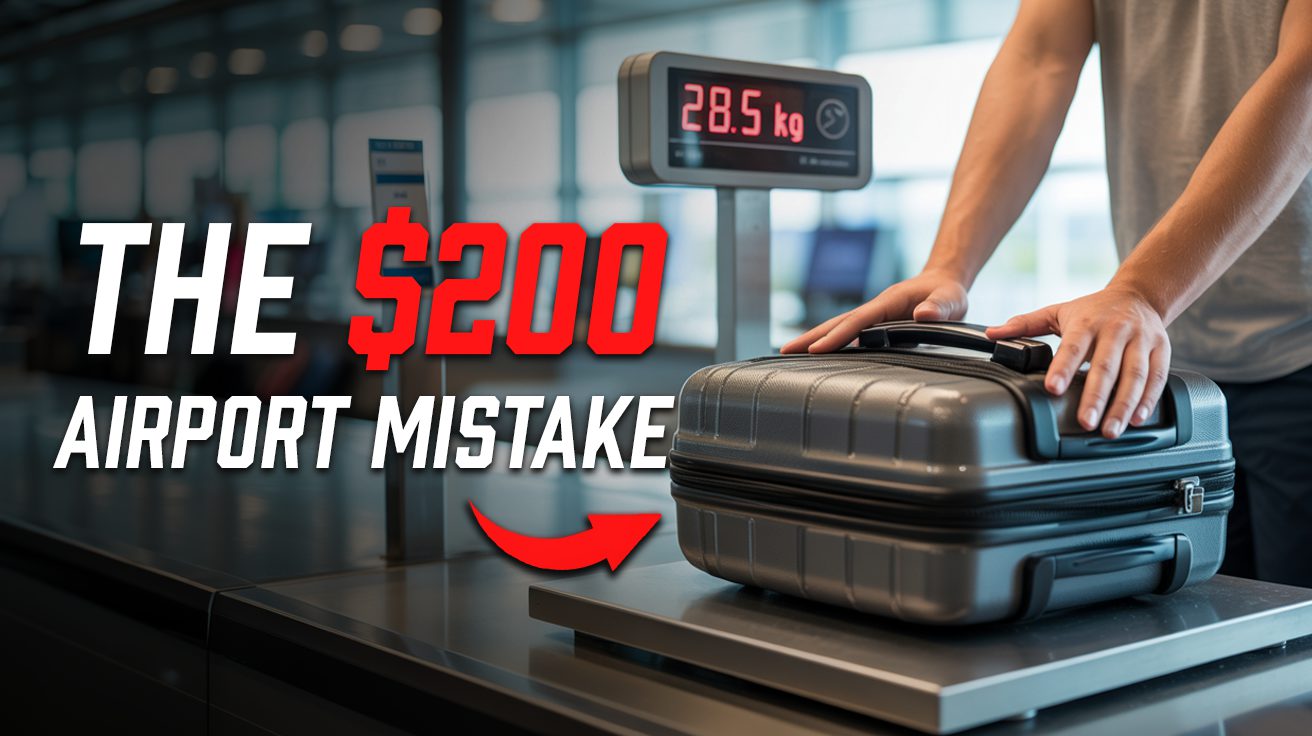Air travel has become more complex than assembling IKEA furniture without instructions, and seniors face unique challenges navigating modern airports. From security screening changes to digital boarding passes, the aviation industry expects travelers to adapt faster than a teenager learning TikTok dances. These 15 common mistakes can turn what should be a smooth journey into an expensive, stressful ordeal.
15. Skipping TSA PreCheck Benefits
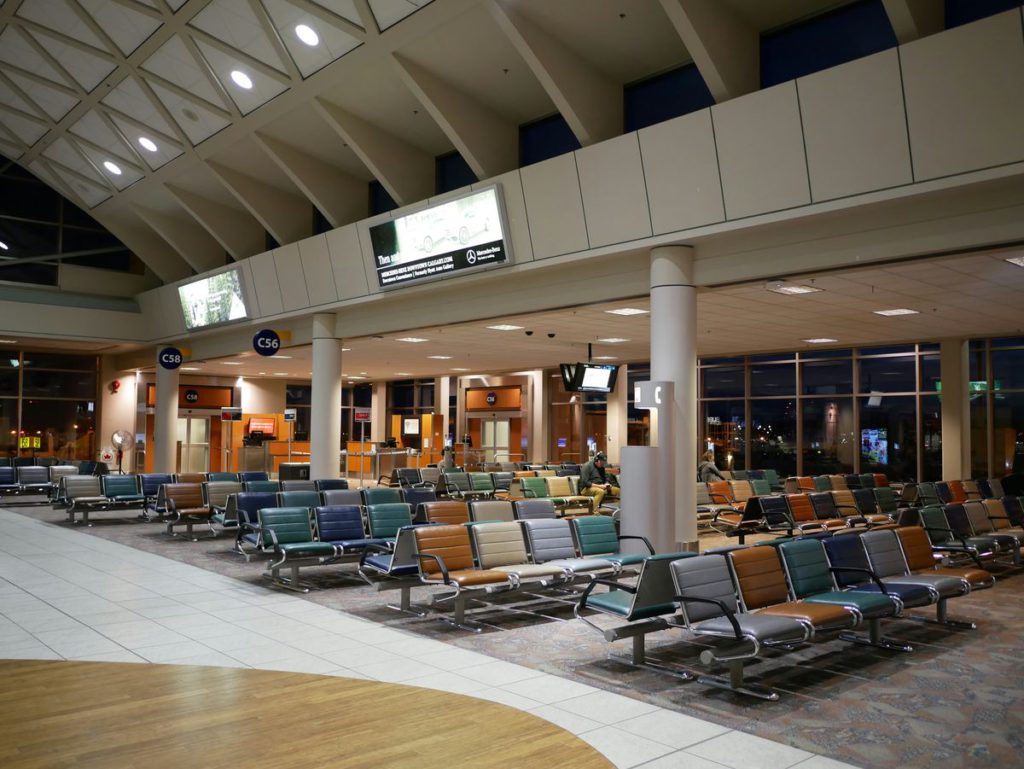
Seniors over 75 enjoy special security privileges, but many don’t know about them.
Anyone who’s watched a 90-year-old remove shoes in the security line knows the drill gets ridiculous. Seniors 75 and older can keep shoes and light jackets on during standard screening, plus they’re allowed additional time and assistance. The catch? You need to inform TSA officers about any medical devices or implants beforehand. Better yet, invest in TSA PreCheck for expedited screening that makes airport security feel less like a medical exam.
14. Plastic Wrapping Luggage
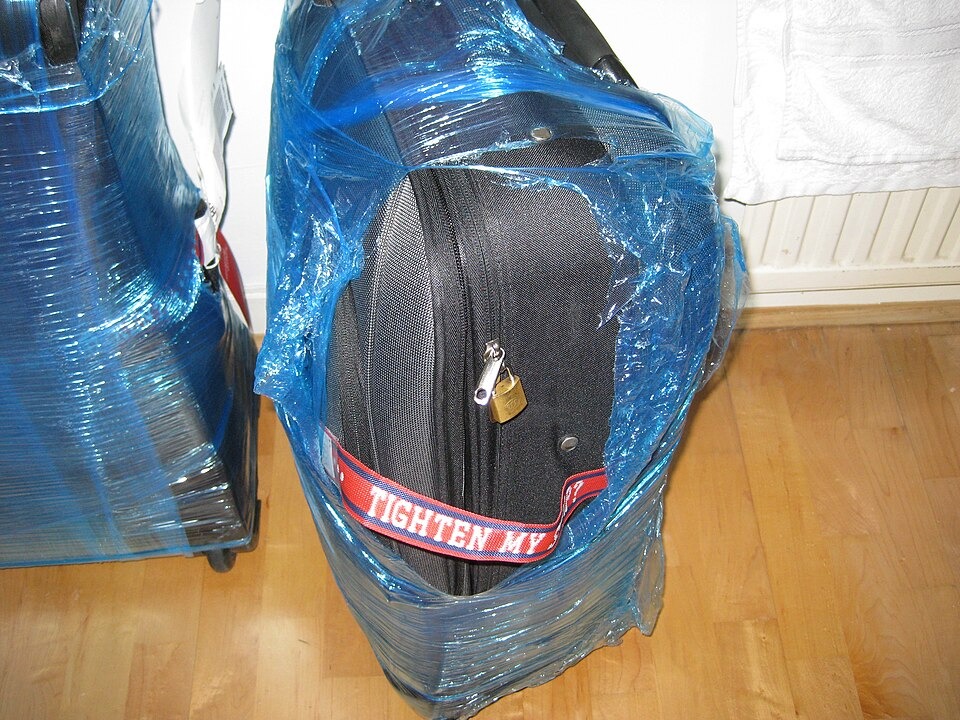
That saran wrap station at the airport is basically expensive theater.
Airports charge $15-20 to wrap suitcases in plastic, promising protection that doesn’t exist. TSA agents will slice through that wrap faster than you can say “baggage claim,” rendering it useless for security. The plastic offers zero protection against rough handling and creates unnecessary waste. Save the money and invest in a quality hard-shell suitcase instead.
13. Booking Risky Flight Times
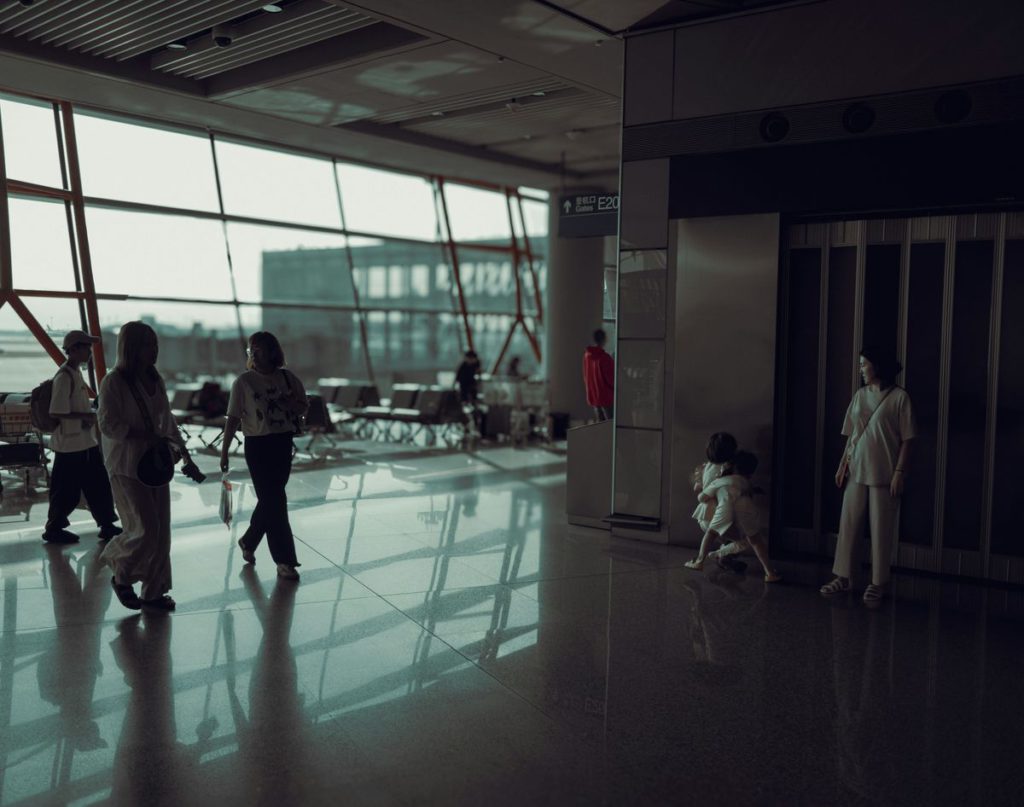
Strategic scheduling beats hoping for travel luck.
Mid-day flights face higher turbulence and delay risks, though concrete evidence supporting this varies by route and season. Earlier flights typically encounter fewer chain delays since they haven’t had time to accumulate problems from previous flights. Book morning departures when possible, and avoid the last flight of the day unless you enjoy sleeping in airport chairs.
12. Poor Document Security
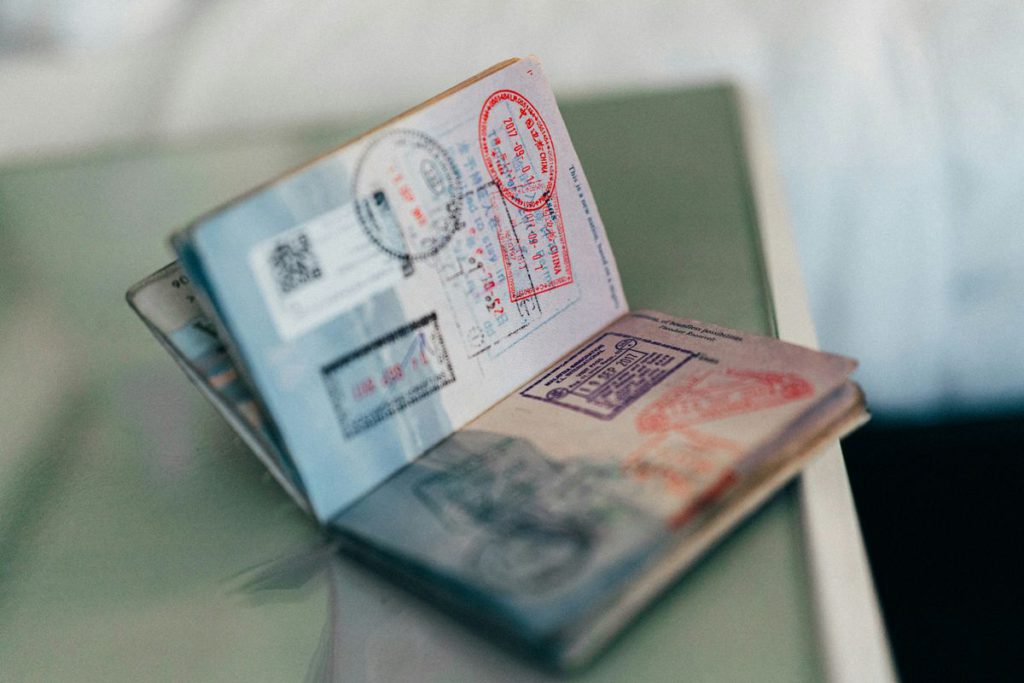
Losing important papers turns vacation into paperwork nightmare.
That boarding pass and ID deserve better protection than a loose pants pocket. Keep essential documents in a zippered jacket pocket or neck pouch designed for travel. Consider digital boarding passes as backup, but always carry physical copies since phone batteries die at the worst moments.
11. Choosing Wrong Security Lines
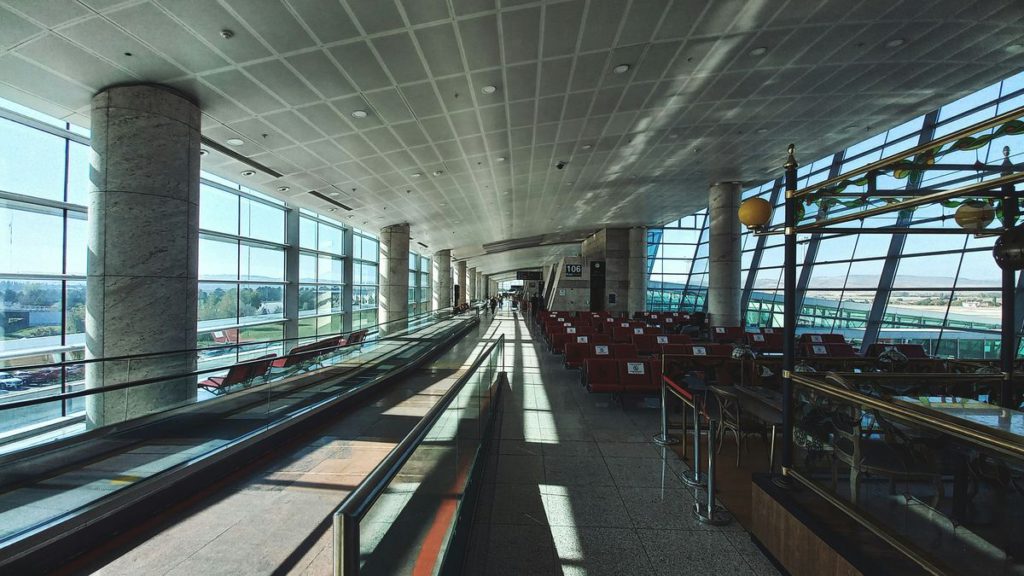
The first line isn’t always the fastest line.
Avoid joining the first security checkpoint you see—it’s usually the most crowded. Look for lanes with fewer families carrying strollers and diaper bags, since large groups slow down the process. Check for newer CT scanners that don’t require removing laptops and liquids, making screening significantly faster.
10. Ignoring the 3-1-1 Liquid Rule
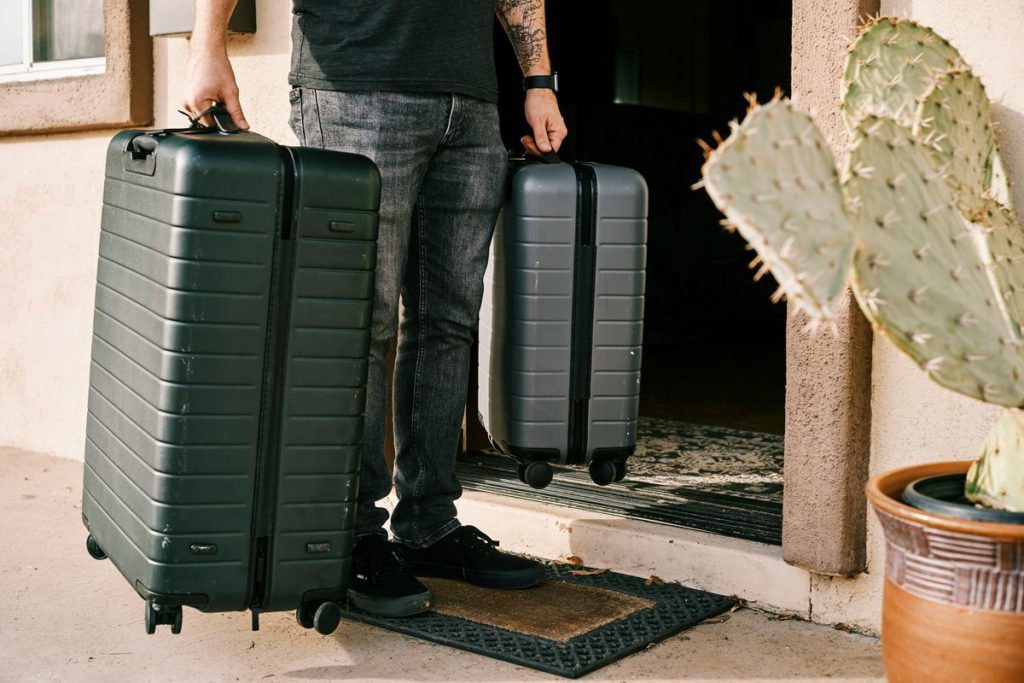
TSA’s liquid restrictions haven’t changed since 2006, but people still forget.
The 3-1-1 rule for liquids allows containers of 3.4 ounces or less, fitting in one quart-sized bag, with one bag per passenger. Medications and baby formula get exceptions, but that jumbo shampoo bottle will end up in TSA’s donation pile. Pack full-size toiletries in checked luggage and buy replacements at your destination if needed.
9. Pre-Flight Food Disasters

Your stomach doesn’t need turbulence from bad meal choices.
Heavy, spicy, or greasy meals before flying can cause serious discomfort at altitude. Airport food courts specialize in exactly these problem foods, making smart choices challenging. Stick to lighter options like salads, fruit, or sandwiches, and save the buffalo wings celebration for after landing.
8. Wearing Metal-Heavy Outfits

Dressing like a jewelry store display slows everyone down.
Metal-studded belts, heavy jewelry, and boots with steel shanks guarantee extra screening time. Choose slip-on shoes, minimal jewelry, and clothing without metal details. Think of airport security like going through a giant metal detector—because that’s exactly what it is.
7. Jet Lag Prevention Failures
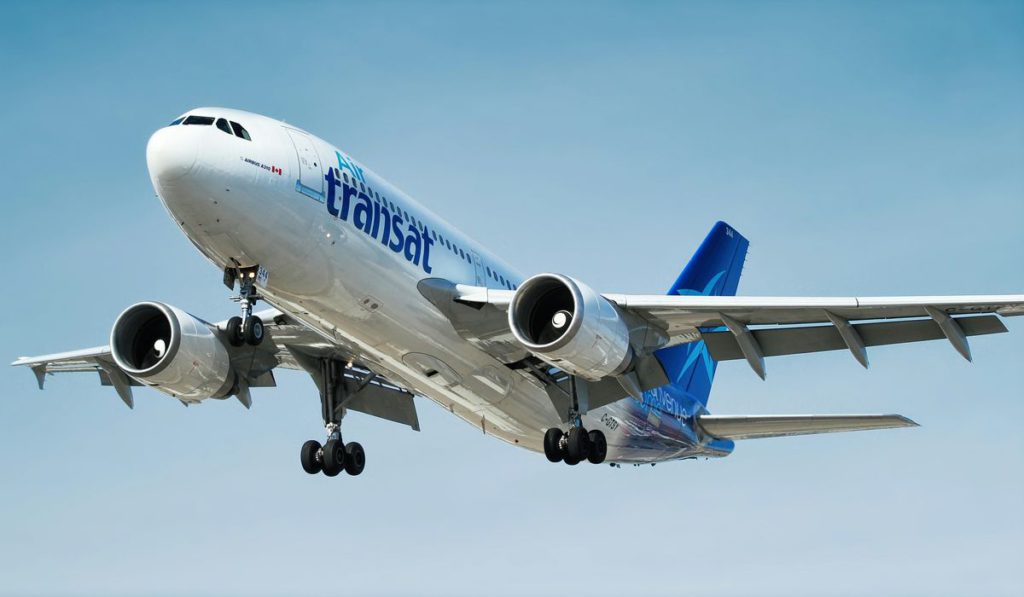
Your sleep schedule needs advance planning, not wishful thinking.
Adjusting sleep patterns after arrival guarantees several miserable days. Start shifting your schedule 3-4 days before departure, moving bedtime and wake time closer to your destination’s timezone. Light therapy apps and melatonin supplements can help, but consistency matters more than supplements.
6. Skipping Online Check-In
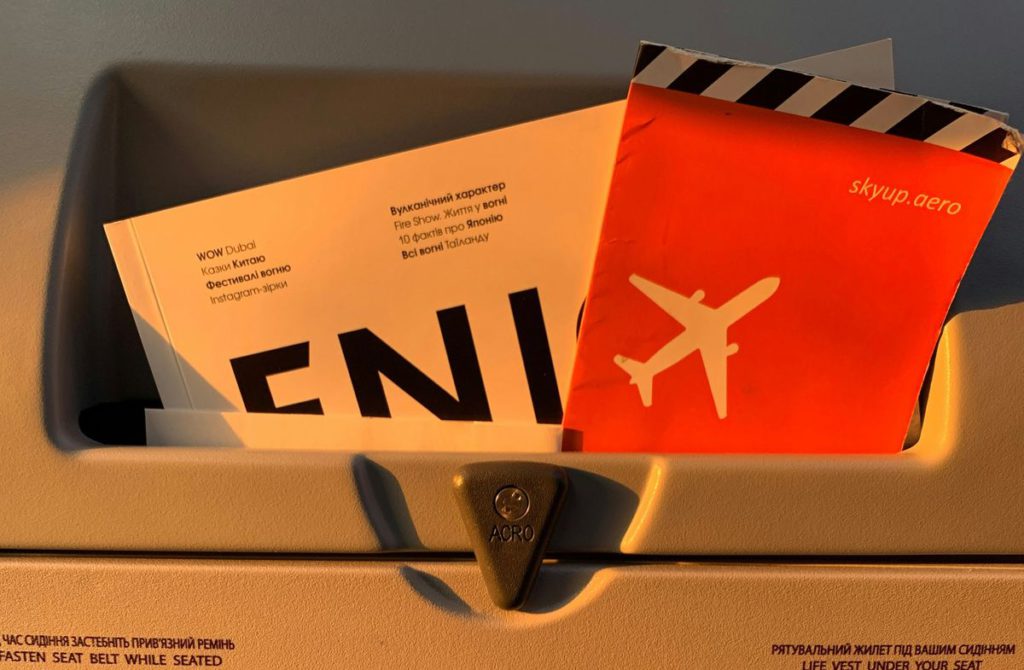
Airlines love bumping passengers without confirmed seats.
Online check-in opens 24 hours before departure and guarantees your seat assignment. Skip this step and risk getting bumped from oversold flights, especially during peak travel times. Mobile boarding passes also eliminate the need to find check-in kiosks or wait in lines.
5. Duty-Free Shopping Distractions

Those “last call” announcements aren’t suggestions.
Duty-free shops position themselves strategically between security and gates, designed to trap travelers with “limited time” psychological pressure. Set phone alarms for boarding time and resist the urge to browse when you should be heading to your gate. Missing flights costs more than any duty-free savings.
4. Overweight Baggage Surprises

Airline scales are more accurate than your bathroom scale.
Weighing luggage at home prevents expensive overweight fees at the airport. Airlines charge $100-200 for bags exceeding weight limits, and airport scales show no mercy. Invest in a portable luggage scale or use your bathroom scale math: weigh yourself, then weigh yourself holding the bag.
3. Mobility Assistance Reluctance
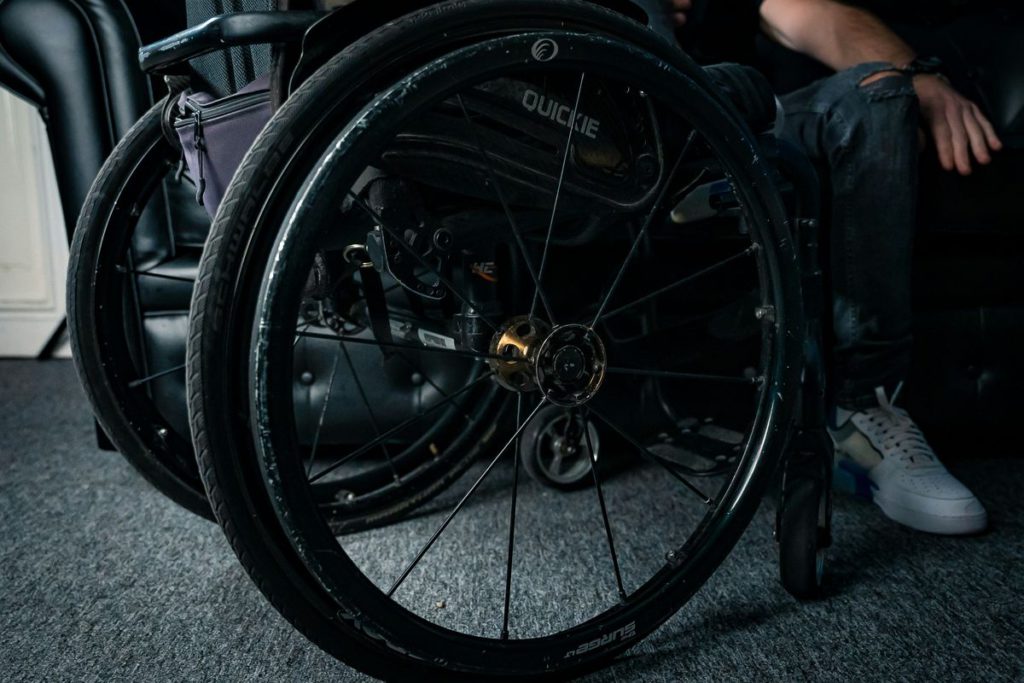
Pride costs more than practicality.
Many seniors avoid requesting wheelchair assistance or mobility help, viewing it as admission of weakness. Airlines provide free wheelchair service, and using it prevents exhaustion before flights even begin. TSA also offers additional screening assistance for travelers with mobility limitations—just inform officers about your needs.
2. Seat Selection Failures
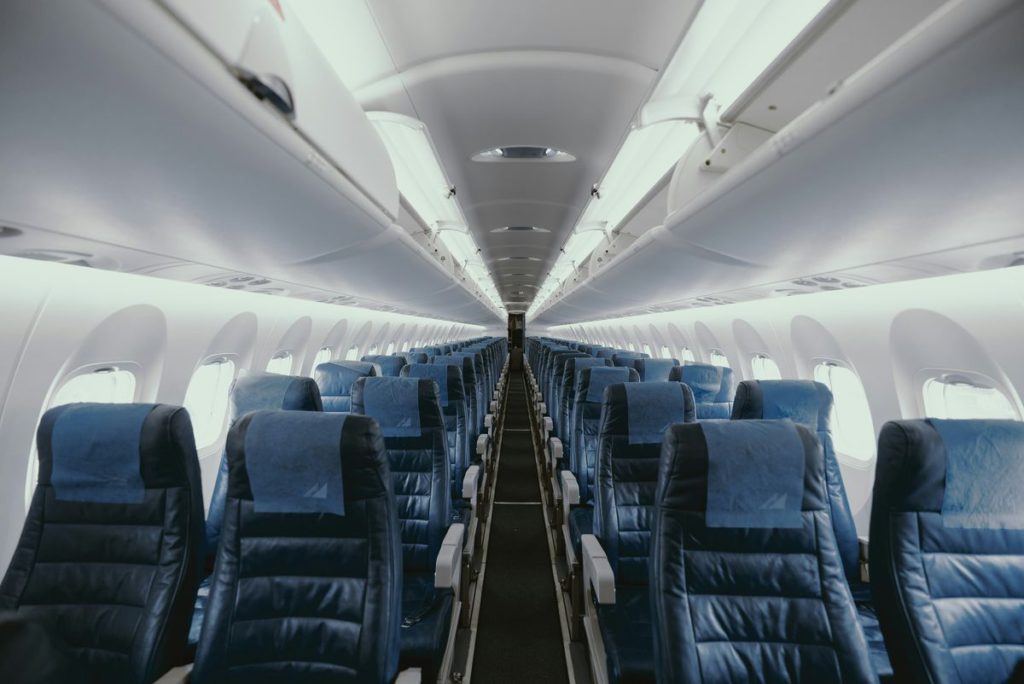
Not all airline seats are created equal.
Random seat assignments often mean middle seats, bathroom proximity, or non-reclining torture chambers. Use resources like SeatGuru or airline seat maps to research aircraft layouts before selecting seats. Pay for seat upgrades if necessary—comfort matters more on long flights than saving $30.
1. Travel Companion Assumptions
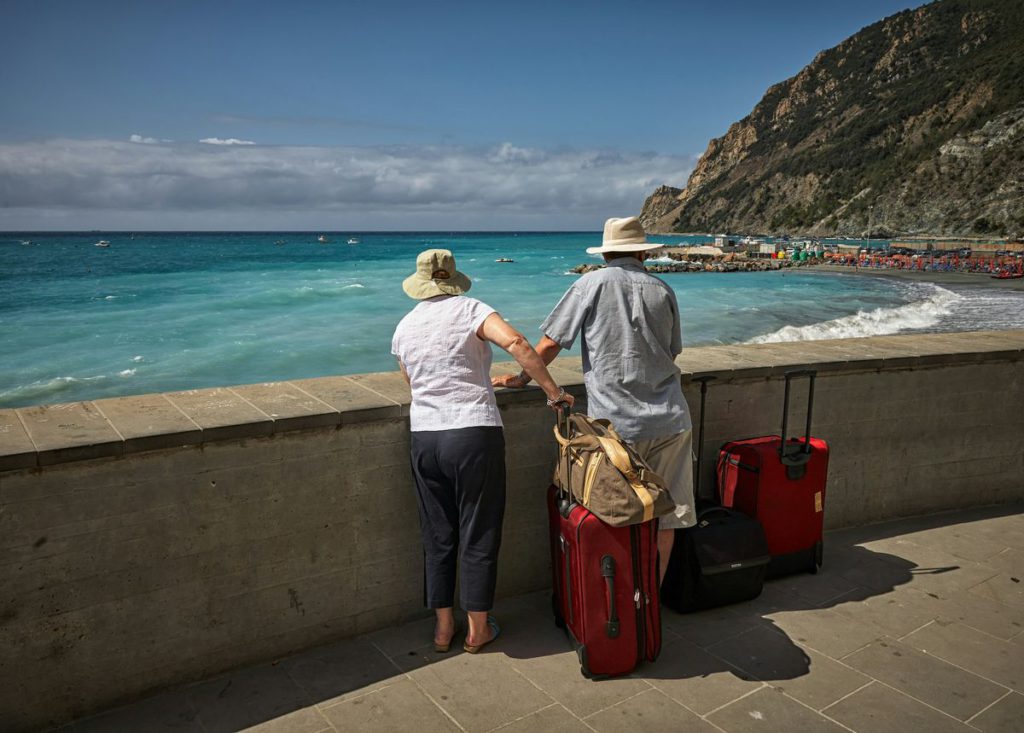
Having help doesn’t automatically mean having informed help.
Traveling with family members provides assistance, but don’t assume they know TSA rules or airline policies. Brief your travel companions on security procedures, boarding processes, and contingency plans. One informed traveler per group speeds up everything from check-in to security screening.


